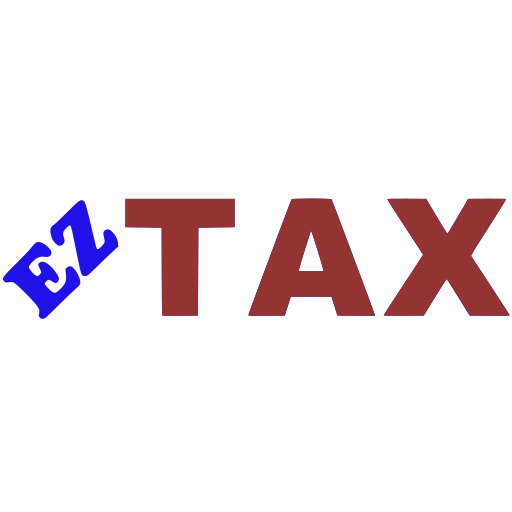02.17.2025
On January 10, 2025, The IRS released a statement regarding those affected by the wildfires in California. Individuals and households that reside or have a business in Los Angeles County qualify for tax relief. These individuals and businesses have until Oct. 15, 2025 to file various federal individual and business tax returns and make tax payments.
Click here to read the statement in its entirety on IRS.gov.
Per the IRS, this new deadline includes:
- Individual income tax returns and payments normally due on April 15, 2025.
- 2024 contributions to IRAs and health savings accounts for eligible taxpayers.
- 2024 quarterly estimated income tax payments normally due on Jan. 15, 2025, and estimated tax payments normally due on April 15, June 16 and Sept. 15, 2025.
- Quarterly payroll and excise tax returns normally due on Jan. 31, April 30 and July 31, 2025.
- Calendar-year partnership and S corporation returns normally due on March 17, 2025.
- Calendar-year corporation and fiduciary returns and payments normally due on April 15, 2025.
- Calendar-year tax-exempt organization returns normally due on May 15, 2025.
In addition, penalties for failing to make payroll and excise tax deposits due on or after Jan. 7, 2025, and before Jan. 22, 2025, will be abated as long as the deposits are made by Jan. 22, 2025.
Additional tax relief
Those who reside or have a business in a federally-declared disaster area who incurred uninsured/unreimbursed losses may choose to claim those losses on either their 2024 or 2025 returns. Taxpayers have up to six months from the time that their returns would normally be due to make this decision (i.e. October 15, 2026 for individual taxpayers), and returns claiming these losses must include the FEMA declaration number 4856-DR.
Please note that wildfire relief payments are excluded from gross income; any payments received in 2025 for uninsured or otherwise unreimbursed losses, expenses, or damages should be excluded. Examples of these include amounts received for living expenses, funerals, home repair/rehabilitation, items damaged or lost, lost wages (other than amounts received that were paid by the employer), personal injury, death, and/or emotional distress.


 02.16.2025
02.16.2025